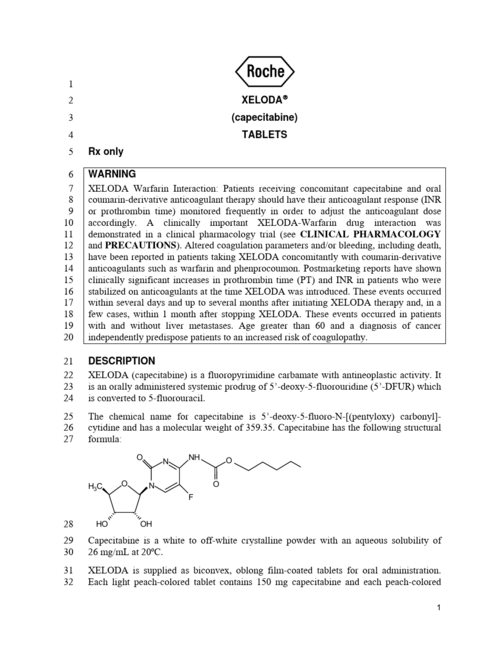生物芯片
Title: Translation of "生物芯片" into English
Introduction:
生物芯片 (shēng wù xìn piàn), also known as biochips, refers to a technology that combines the principles of biology and engineering to create microscale devices for various biological applications. These devices can be used to analyze biological samples, perform biochemical reactions, and monitor cellular activities, among other functionalities. In this article, we will explore the proper translation of "生物芯片" into English and discuss its significance in the field of biotechnology.

Translating "生物芯片" into English:
When translating technical terms, it is essential to accurately convey the meaning and maintain consistency with established terminology in the target language. In the case of "生物芯片," there are a few options for translation:
1. Biochip:
The most common translation of "生物芯片" is "biochip." This term has been widely adopted in the English language and is recognized in scientific literature and industry publications. It effectively captures the essence of the technology, combining "bio" to represent its connection to biology and "chip" to convey its miniaturized format.
2. Biological chip:
Another suitable translation is "biological chip." This term maintains the focus on the biological aspect while emphasizing the chip's nature as a microscale device. It is a slightly more descriptive translation, still commonly used in scientific discourse.
3. Biocircuit:
Although less commonly used, the term "biocircuit" can be considered as an alternative translation. "Biocircuit" emphasizes the electronic nature of the chip and its role in various biological processes. However, it may not fully encompass the breadth of applications covered by "生物芯片."
Significance of Biochips:
Biochips have revolutionized many aspects of biological research and applications. They offer numerous advantages such as high throughput, miniaturization, automation, and multiplexing capabilities. These features enable researchers to analyze biological samples and perform complex experiments more efficiently and costeffectively.
Applications of Biochips:
1. Diagnostics:
Biochips are extensively used in diagnostic applications. They can detect specific biomarkers in patient samples, aiding in the early diagnosis of diseases such as cancer, infectious diseases, and genetic disorders. The high sensitivity and specificity of biochips have significantly improved the accuracy and speed of diagnostic processes.
2. Drug discovery and development:
By mimicking biological processes on a small scale, biochips can help in the discovery and development of new drugs. They enable researchers to test drug candidates on multiple cell lines or organisms simultaneously, speeding up the evaluation process and reducing costs.
3. Environmental monitoring:
Biochips can be employed to monitor environmental parameters such as water quality, air pollution, and soil contamination. They can detect the presence of specific pollutants or assess the overall health of ecosystems, aiding in environmental preservation and remediation efforts.
4. Personalized medicine:
Biochips play a crucial role in personalized medicine, where treatment is tailored to individual patients' genetic profiles. By analyzing genetic variations, biochips provide valuable information for selecting appropriate therapies, predicting drug responses, and identifying disease predispositions.
Conclusion:
"生物芯片" can be accurately translated into English as "biochip" or "biological chip." These terms accurately represent the technology's integration of biology and microelectronics. The field of biochips has had a significant impact on various industries, including healthcare, environmental monitoring, and drug development. As the technology continues to advance, biochips hold the potential for even more exciting applications, revolutionizing how we approach biological research and diagnostics.
本文 新鼎系統网 原创,转载保留链接!网址:https://acs-product.com/post/17503.html
免责声明:本网站部分内容由用户自行上传,若侵犯了您的权益,请联系我们处理,谢谢!联系QQ:2760375052 版权所有:新鼎系統网沪ICP备2023024866号-15







